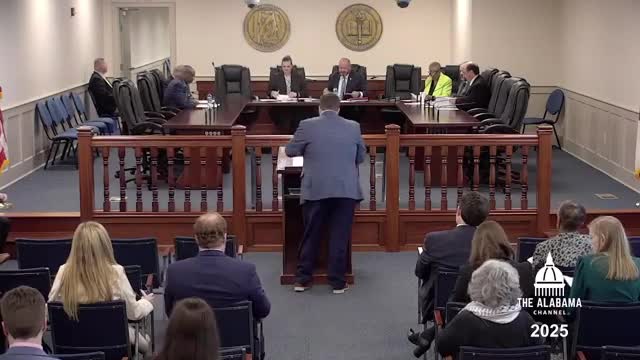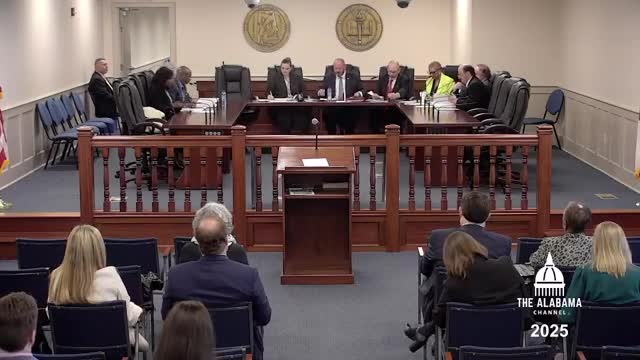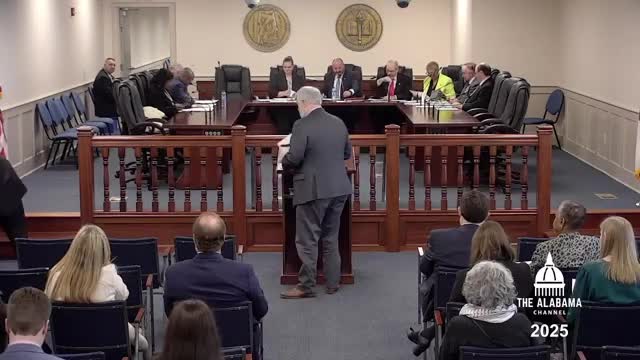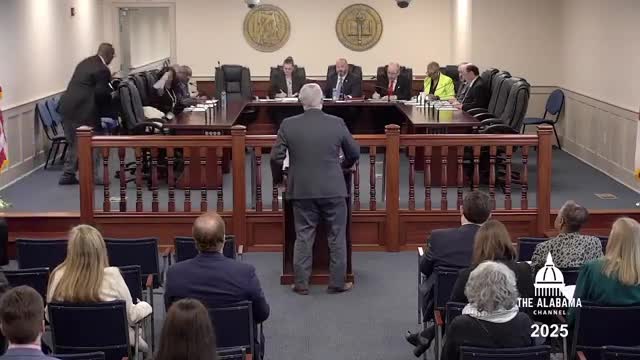Article not found
This article is no longer available. But don't worry—we've gathered other articles that discuss the same topic.

Committee advances bill removing state code reference to private electronic voter-registration vendor

Committee backs SB 5 changing appointments to archives and history board amid concerns about politicization

Committee advances SB 171 to curb ATVs, side-by-sides in stream beds after property and environmental concerns

